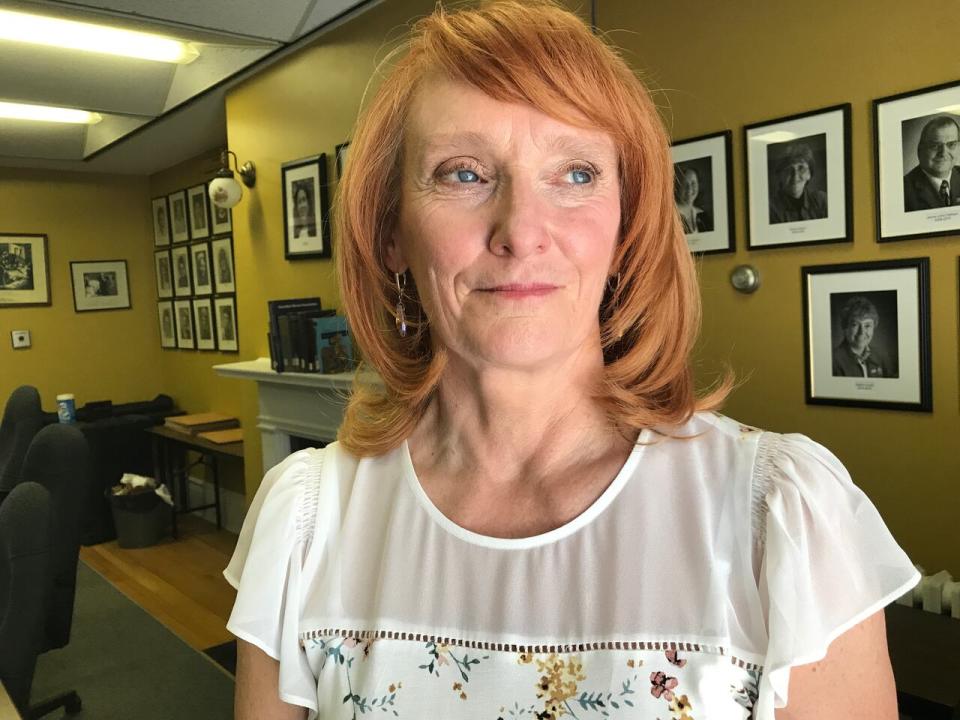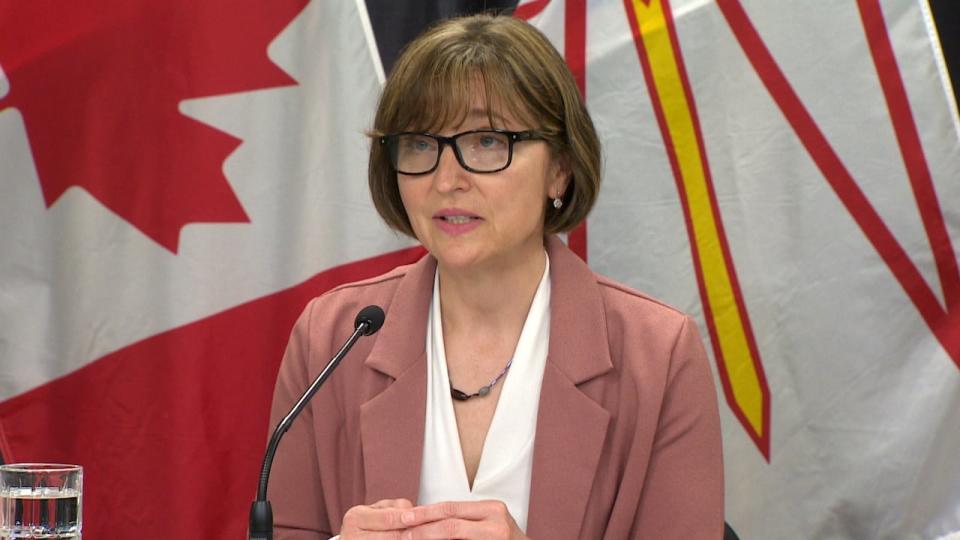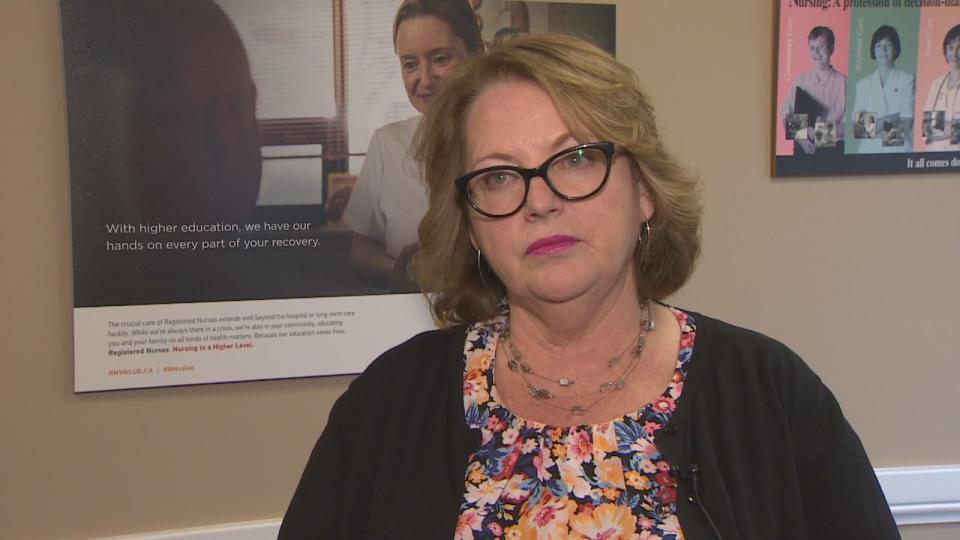68 nurses offered jobs after Furey's Dubai trip, but hurdles still need to be cleared


Newfoundland and Labrador hopes several dozen internationally educated nurses will arrive in the next six months. (Shutterstock)
The Newfoundland and Labrador government has offered jobs to 68 nurses through its recent recruitment trip to the Middle East, though the new recruits will still need to be meet qualifications that a nursing regulatory body has set in order to work in the province.
Earlier this month, Premier Andrew Furey was part of a Canadian delegation that visited Dubai, United Arab Emirates, to find health-care workers interested in relocating.
Through that trip, 68 internationally educated nurses were offered jobs in N.L.
Of those nurses, fewer than half — 29 — have passed the National Council Licensure Examination, a test that's a requirement for licensure.
Lynn Power, executive director of the College of Registered Nurses of Newfoundland and Labrador, said all those nurses will have to register with the college, pass the exam and meet the college's requirements to work in the province.
Power said the licensing body's priority is public safety and "making sure that any nurse who practises in this province meets the criteria" that the college sets.
"There's not a nurse that comes to the province that doesn't cross our threshold and there's not a nurse that can work in the province without having the licence and a current licence to practise with us," Power said.

Lynn Power, executive director of the College of Registered Nurses of Newfoundland and Labrador, says all nurses have go through the college's regulatory process. (Terry Roberts/CBC)
The regulatory exam tests a nurse's broader clinical judgment, she explained. Nurses can also get an interim licence and work for a few months while they wait to take it.
There is a process for internationally educated nurses to start work in Newfoundland and Labrador, Power said, starting with an application that includes information like where and when the nurse received their education.
The college also verifies the applicant's identity, runs a criminal record check and ensures the nurse is in good professional standing where they are currently practicing.
Government initiative
Debbie Molloy, Newfoundland and Labrador Health Services' vice-president of human resources, said the 68 international nurses were interviewed like any other potential employee.
The jobs were offered verbally, she said, and now that written offers are being put together, she expects most of the nurses to accept.
"We're very confident, I guess, that we'll get to the majority of those folks. We do help them through the immigration process," she told CBC News.

Debbie Molloy, Newfoundland and Labrador Health Services' vice-president of human resources, says she's optimistic that most of the nurses will accept written job offers. (Mark Quinn/CBC)
Most of the nurses are from India and the Philippines. Molloy said Health Services hopes they will be working in the province in the next six months.
"But that all really depends on sort of that pathway that has both the provincial and federal component," she said.
Molloy said nurses don't typically write the exam unless they plan to work in Canada or the U.S., adding the provincial authority is happy that nearly 30 nurses have already written it without having a job offer.
The health authority also offers assistance with travel to bring the nurses over, said Molloy, who added they also are working to make sure the nurses stay in the province.
"We do ask for a three-year return-in-service commitment from the nurses who are coming over. And we're very hopeful that, like many of their colleagues, they'll fall in love with Newfoundland and Labrador and decide to make this their permanent home," said Molloy.
She said the effort is part of "multi-pronged" initiatives to stabilize the nursing workforce, along with recruitment in Newfoundland and Labrador and across Canada.
Retention in focus
Furey's recruitment trip to Dubai sparked some controversy health-care unions, which argued there should be more emphasis on retaining locally trained health-care workers.
Yvette Coffey, president of the Registered Nurses' Union of Newfoundland and Labrador, noted that there were about 700 nursing vacancies as of October.
Over the past eight years, she added, the amount of overtime for nurses has increased by 65 per cent.
Recruitment has also been a slow process, she said, in part because of people leaving, due to retirement or better opportunities elsewhere.
"Unless we put a bigger focus on the retention of all the nursing professions within our system, we're not going to reduce that vacancy rate very quickly," said Coffey.

Registered Nurses' Union president Yvette Coffey says workplace conditions need to be overhauled to keep nurses on the job. (Mark Quinn/CBC)
Coffey said she's concerned N.L. will become a "landing stage" for nurses who come from other countries, stay for a while and then move on to other provinces.
Coffey said fixing a number of problems — like ensuring more reasonable and flexible hours — could help with retention. Nurses should also have a maximum number of consecutive hours they can work, she said, and violence in the workplace must also be addressed.
"We have to address the workplaces in order to retain people."
Download our free CBC News app to sign up for push alerts for CBC Newfoundland and Labrador. Click here to visit our landing page.


